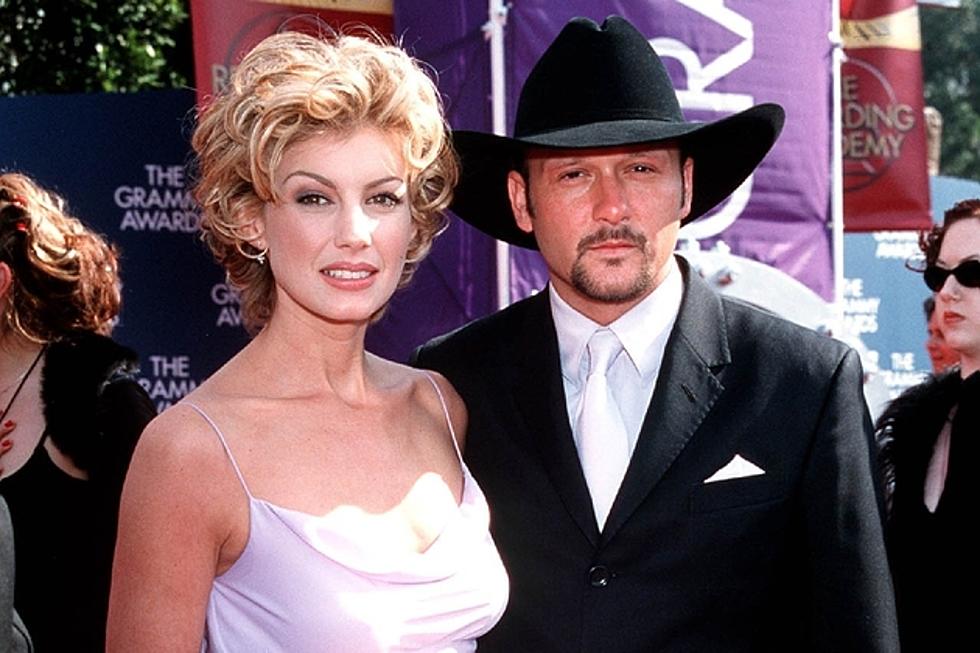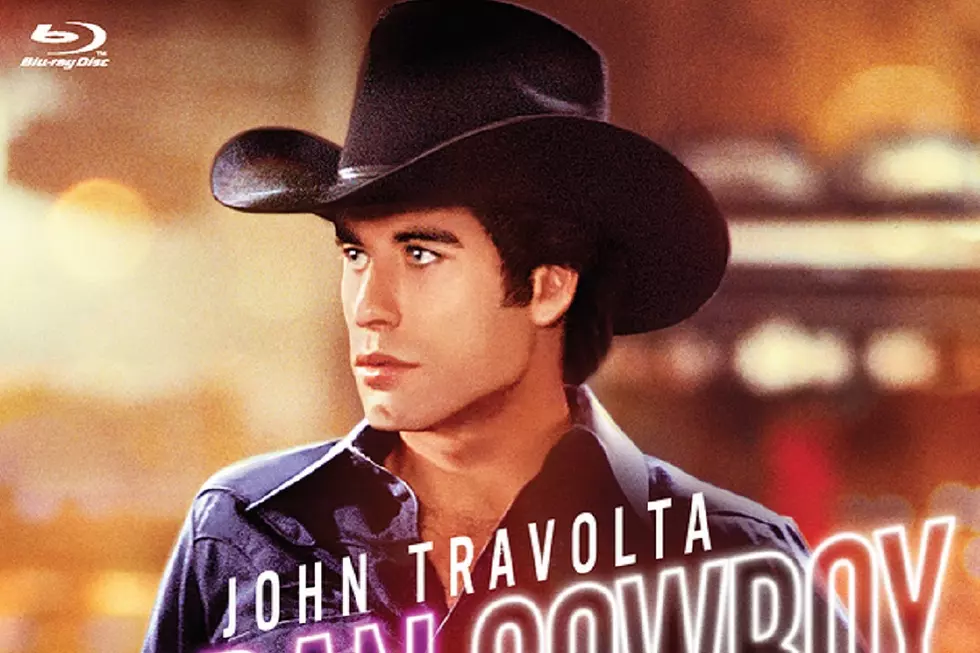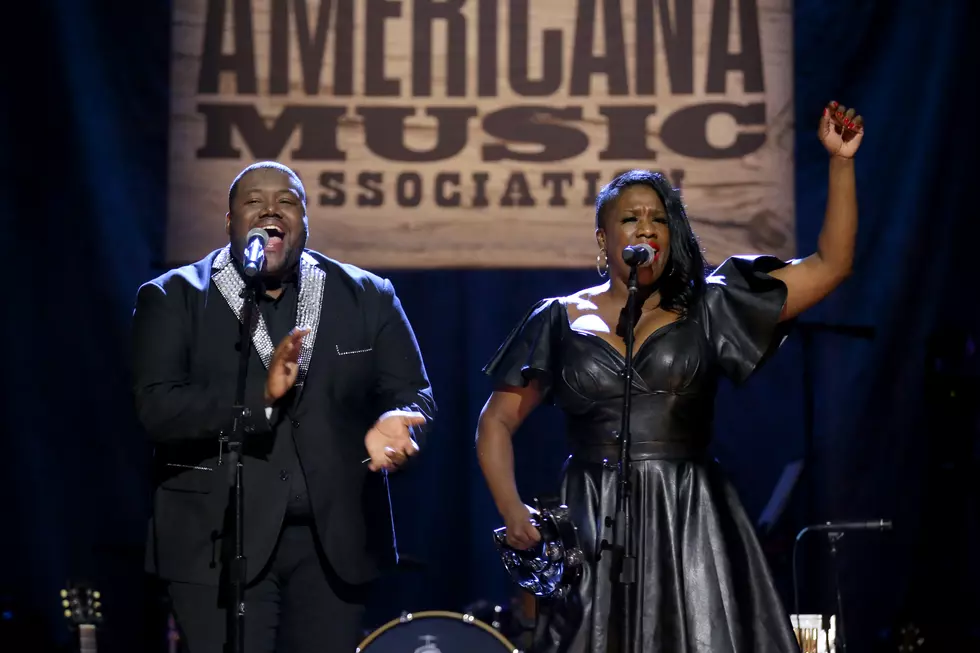
Building a Bigger Table: Diversity, Equity and Inclusion at AmericanaFest
In spite of the genre’s growth over the past decade, many people have a tough time describing what Americana music actually is. Most can agree on one thing, however: The genre prizes eclecticism.
Still, throughout the 2010s, some critiqued Americana music’s elevation of straight white men with acoustic guitars. For example, in 2018, after winning multiple trophies at that year’s Americana Music Association Honors & Awards, Jason Isbell observed that the show’s winners were not nearly as diverse as its list of nominees.
The Americana Music Association (AMA) — the genre’s official trade organization — is using AmericanaFest 2021 to make a public commitment to reflecting the genre's diversity: In addition to curating a more diverse showcase lineup for the 21-year-old festival, the conference portion of the event will also include a number of diversity, equity and inclusion (DEI)-related panels created and sponsored by the organization’s recently established Diversity & Inclusion Committee. The changes are all taking place amid continuing calls for diversity by Americana artists, who are optimistic about change but frustrated by what they perceive as a lack of clarity and transparency on the AMA’s part.
Miko Marks — who, as a Black woman, ran up against mainstream country music’s racial barriers in the early 2000s — is making her triumphant return to Nashville as a showcasing artist during AmericanaFest 2021. She describes the genre as “just more colorful” than mainstream country.
“It's more inclusive. It's more accepting of artists — not brands, but artists. It feels like what country music should be,” Marks says. “You're going to hear it all. You're going to see it all. And that's what I belong to, personally.”
“I think, characteristically, it really is about storytelling,” adds Gabe Lee, who is Asian-American and was born and raised in Nashville, and who is showcasing at AmericanaFest for the first time. “And then, it also is about the arrangement of the songs and the kind of instruments we're using: your fiddle, your mandolin, your pedal steel — those are kinds of things that are pretty unique to Southern and rural music.”
While the artists interviewed for this story were thrilled to be selected for AmericanaFest on the basis of their recent work, they are also aware that their identities as part of a rising class of visible BIPOC, LGBTQ+ and disabled artists in the Americana world factored into their invitations to the festival. Notes Izzy Heltai, for example, “I cannot discount that it probably does help that I am being vocal about being a trans artist in this world.”
“People can't be complacent anymore. And that is to the good. People are saying, ‘If the door is opening for me, I'm pulling eight more people through behind me and forming an intentional coalition.’” — Allison Russell
In addition to its focus on increased diversity during AmericanaFest, the AMA created its Diversity & Inclusion Committee, during the summer of 2020, to explore how the organization can boost its own DEI efforts. Formed at the urging of Grammy Awards winner Brandi Carlile who herself is queer, the committee also includes AMA board members and employees, other artists and some Americana music industry members.
“I think with the events of 2020, and all of us having time to sit in our discomfort and deeply reflect on where we are and the depth of the inequities that were exposed during the pandemic in a way that no one could un-see, has been just a seismic shift — a paradigm shift,” says artist Allison Russell, a member of the AMA’s Diversity & Inclusion Committee and a 2020 addition to the organization’s Board of Directors. “People can't be complacent anymore. And that is to the good. People are saying, ‘If the door is opening for me, I'm pulling eight more people through behind me and forming an intentional coalition.’”
While Russell, who released her critically acclaimed album Outside Child in May, was initially hesitant about joining the AMA’s Board of Directors, her friend Carlile persuaded her. “She just said, ‘Look, if we don't step up, how do we expect anything to ever change?’” Russell remembers. “If the Board is always a bunch of white dudes, they see from where they stand. They're good people, but they're going to see things in a different way than I will or she will.”
AMA Executive Director Jed Hilly describes the Diversity & Inclusion Committee’s weekly meetings as loose and invigorating. They’ve been naming barriers that marginalized artists face and discussing how the AMA can help those artists overcome them. Some meetings have been focused on planning, while others have served as a space for committee members to share their experiences.
When the group first began its brainstorming sessions, they devised the All Americana social media campaign — a graphic featuring the phrase “All Colors, All Genders, All Abilities, All Sizes, All Orientations, All Identities, All Americana” — which launched in June. It’s reminiscent of the yard signs with slogans such as “Science is real” and “Love is love,” which often come under fire for being a bit hokey; however, for Russell, making a visible statement about the AMA’s support for marginalized artists hit close to home — literally.
During the summer of 2021, Russell and her family lived in Rhiannon Giddens’ house in a Nashville suburb, and the predominantly white enclave, she discovered, was also predominantly racist: Russell recalls observing Proud Boys signs in the neighborhood, as well as an incident when a neighbor threw a bottle at her head while she was out jogging. When her family relocated to East Nashville, she felt a sense of relief seeing those yard signs.
“On the one hand, people can go, ‘Oh, it's lip service,’ but I felt immediately safer walking around in that [East Nashville] neighborhood,” Russell admits. “We all thought that this is the first and the easiest thing we can do: a declaration of inclusivity and support and mutual respect. That's not the end, obviously, but as a first step, I think that's important.”
The artists who spoke with The Boot for this story felt positively about the campaign — “The support isn’t hidden in some boardroom where you don’t know who’s in there,” says Marks — but few realized it was connected to a larger AMA initiative, including a series of three All Americana-branded panels during AmericanaFest 2021.
“It sounds sort of silly to say, but even a square like that means so much to me,” notes Canadian country artist Mariel Buckley, who is queer and who will be performing officially at AmericanaFest for the first time this year. When she learned about the committee, and that there are working artists among its membership, she was relieved: The born-and-bred Albertan has found that the motivations behind similar initiatives in the conservative province “reek of not being genuine at all.”
In addition to its more public-facing work — which also includes presenting its 2021 Lifetime Achievement Awards to a woman record engineer and producer, three Black acts and a band fronted by a Cuban-American singer and songwriter — the Americana Music Association plans to conduct internal studies. Hilly reports that the organization is working with professors at Middle Tennessee State University to study the past 20 years of Americana radio charts and awards nominations to examine representation trends in the genre, using Dr. Jada Watson’s recent studies about gender and racial representation in country music as a model.
“My goal is that we don't need this conversation. My reality is: We do need this conversation." — Jed Hilly, Americana Music Association executive director
“Seven or eight years ago, I woke up the day after our awards show and I thought, ‘We're not doing our job.’ There are more women that deserve to be recognized. There are more people of color that deserve to be recognized by our awards,” recalls Hilly. Since that awards ceremony, the Americana Honors & Awards nomination committee has grown from 12 to 30 members: 15 men and 15 women, including BIPOC and LGBTQ+ members. In 2020, the number of nominees in each of the awards show’s six categories was expanded from four to five.
“In a perfect world, I wouldn't have to explain or respond to questions from journalists about why all the artists nominated for Artist of the Year are women [as happened in 2019]. In a perfect world, they would stand on their own as artists,” Hilly says. “My goal is that we don't need this conversation. My reality is: We do need this conversation. And we've worked really hard to try to make systemic changes to our awards process that can allow for an organic evolution.”
While Hilly is optimistic about what’s been accomplished so far and what’s to come, an evolution that appears organic from the outside often still needs at least a small push from the inside, so the AMA will need to commit to specific policies that ensure that “organic evolution” continues. Many of the artists who spoke to The Boot, meanwhile, would like to see further concrete changes and increased transparency from the Americana Music Association: about how artists are nominated for awards, how candidates can run for election to the Board of Directors, how the festival’s lineup is chosen and how the AMA plans to further improve upon its commitment to diversity.
“There's no disparaging the AMA or or what they've done, but when you have [around] 200 artists [performing] and less than 1 percent of them are trans and none of them are trans women, you have an inclusion problem, especially when there are trans women who are trying to make it in the industry,” observes Mya Byrne, an Americana musician who recently played mandolin and lap steel on Lafemmebear’s official remix of Reba McEntire’s song “I’m a Survivor.” Byrne is a trans woman, the editor-at-large of the news site Country Queer (for which this writer is a senior editor) and one of the organizers of a panel about LGBTQ+ artists at AmericanaFest 2021; however, she is not an official performer at this year’s festival.
“I've seen the organization making strides towards inclusivity. And I think, moreso than other organizations, I do believe that the AMA has the best of intentions. But I don't think that they're necessarily executing everything correctly,” Byrne continues. “I don't think it's enough to give awards to certain artists and call that inclusivity. Part of the problem is there aren't enough people from marginalized identities who are actually making decisions.”
Says Hilly, “I'm not going to stand up on a barstool and shout out, ‘This is what we're doing!’ But it is what we're doing. And is it as much as we could do? I guess we could do more. We could always do more.” However, without metaphorically standing up on barstools, it’s hard for artists who are hungry for concrete support after decades of platitudes to know what the AMA is doing.
"Family is everybody at the table. And if the table is not big enough, build a bigger table. And if the room is not big enough, knock down a wall and build a bigger room." — Mya Byrne
Still, Crys Matthews, who is Black and queer, sees promise in the AMA’s initiatives. “I have seen the transformation in Folk Alliance [International], over the course of the past 5-7 years as far as how much more they are actively advocating — not passively advocating — for their communities of color within the full community,” she notes.
Having performed at FAI — which has been undergoing its own intensive process to promote equity within the organization — Matthews was shocked to see how much smaller the AMA is, and interested in how the organization’s size might affect its actions. While there is a large overlap between the artists who play at FAI and AmericanaFest, the two organizations are quite different: The AMA has only six full-time staff members, while FAI features nine staff members on their website, as well as six contractors who exclusively staff their conference.
“I think it's gonna be tricky for them to figure out how to make some really tangible, actionable things happen with them being so small, but then having such a big, big megaphone. So I think it's good that they're making such an effort,” says Matthews, who is playing AmericanaFest for the first time in 2021. “I mean, just looking at the roster alone for who's playing this year, it seems like they are sincerely trying to make an effort to give more artists of color a bigger stage at the event, which is really amazing.”
Urges Byrne, "When an organization says we are all a family, they need to mean it in the sense that I think we all mean it outside of that organization. Family can't be commodified. Family should not be exploited.
"Family is everybody at the table. And if the table is not big enough, build a bigger table. And if the room is not big enough, knock down a wall and build a bigger room," she concludes. "Because everybody needs to have a seat at this table.”
See 16 Country Songs That Spill the Truth:
More From KMGWFM

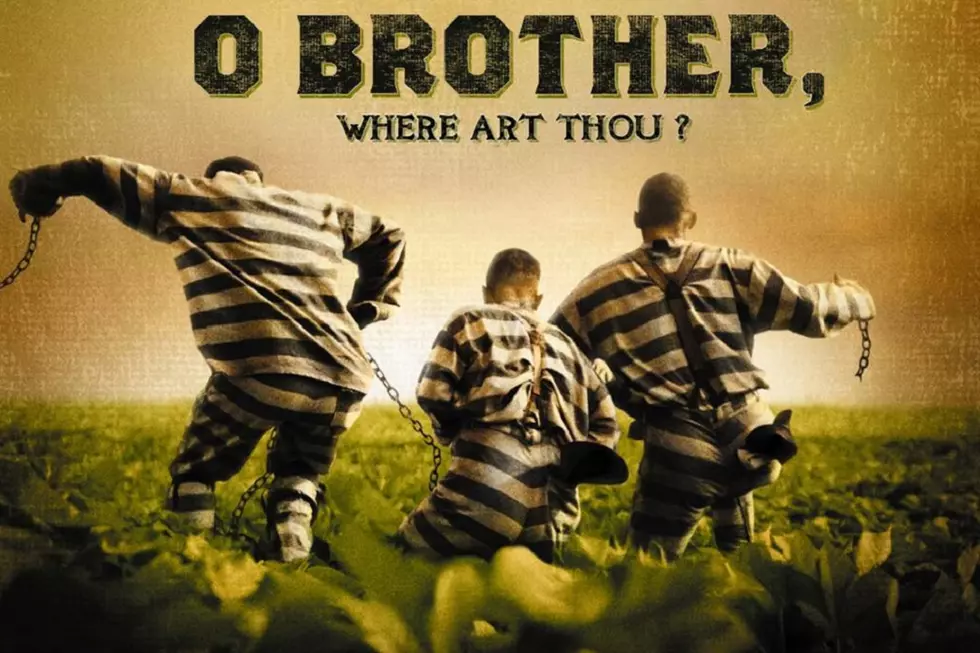

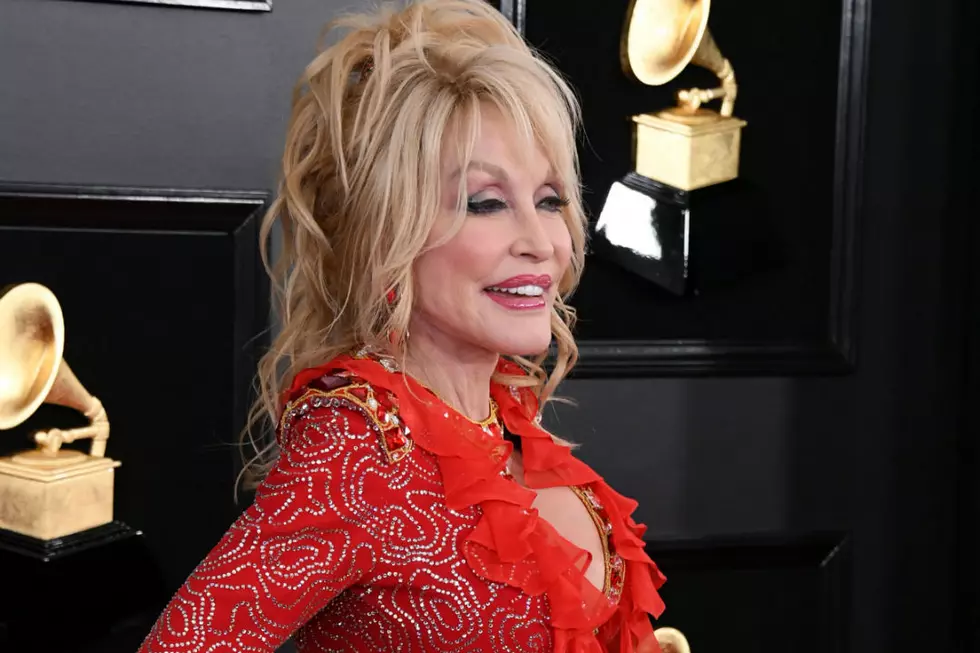
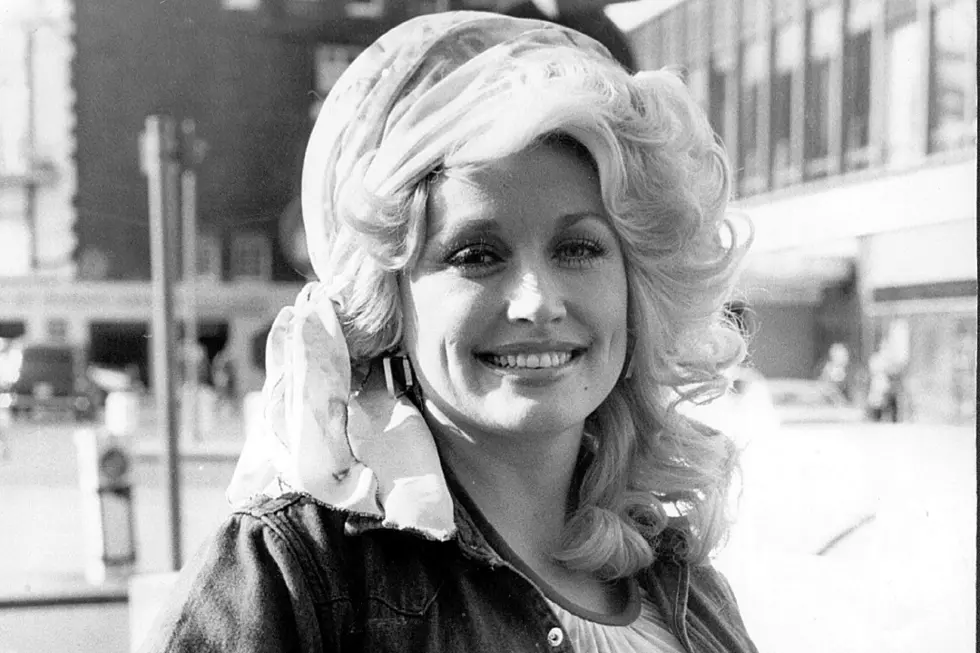
![‘The Johnny Cash Show': 5 Memorable Moments [WATCH]](http://townsquare.media/site/623/files/2016/02/johnny-cash-video.jpg?w=980&q=75)
